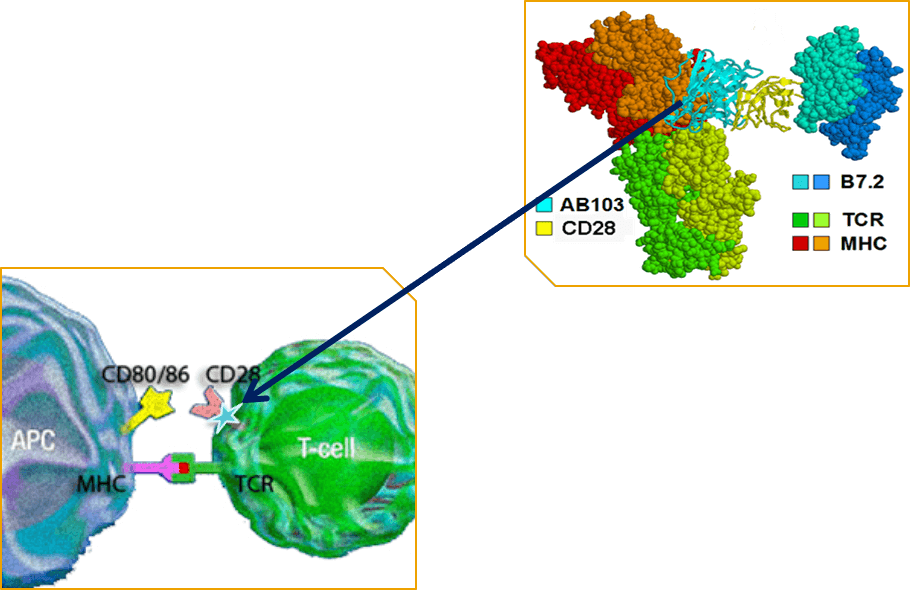Newsletter Signup - Under Article / In Page
"*" indicates required fields
Atox Bio develops immune modulators to save patients with severe infections. An oversubscribed Series F financing will support its lead candidate through a Phase II trial.
Atox Bio, which has operations in the US and Israel, develops immune modulators for patients with severe infections. The biotech was established at the Hebrew University of Jerusalem and Yissum. Today, Atox announced that it has achieved an oversubscribed $30M (€25M) Series F fundraising. The funding will support Atox’s lead compound, Reltecimod, through a Phase II study for acute kidney injury, running alongside its Phase III trial looking at necrotizing soft tissue infections.
Acute kidney injury is the sudden loss of kidney function that causes a build-up of waste products in your blood, making it difficult for correct fluid balance to be maintained. Symptoms of the condition include swelling of the legs and around the eyes, fatigue, nausea and chest pain. Necrotizing soft tissue infections are rare, life-threatening infections caused by “flesh-eating bacteria”. Broad antibiotics are unable to contain these infections, so there are currently no approved therapeutics.

Reltecimod is a peptide that modulates the immune response to reduce the risk of morbidity and mortality. It targets the CD28 dimer, modulating the co-stimulatory response to improve the body’s ability to fight an infection. The candidate has received Orphan Drug status from the FDA and EMA as well as Fast Track designation.
Arix Bioscience led the round, investing $8M (€6.8M), and was joined by new investors including Adams Street Partners and Asahi Kasei Corporation.
Modulating the immune system is a powerful tool in the treatment of many different diseases. French biotech, Step Pharma, has been developing immune modulators for autoimmune diseases, preventing an overactive immune system from doing harm. In contrast, igniting the immune system is a popular approach for many companies that are tackling cancer. One example of this is Genmab’s candidate, Darzalex, which binds CD38 to trigger the patient’s immune system to attack the tumor.
Images – MicroOne / shutterstock.com; Atox Bioscience






